The world urgently needs highly trained students and researchers to help solve global crises, from climate change to public-health emergencies. At the same time, universities globally are facing multiple pressures, from the financial burden of increased access to higher education (known as massification) to evolving technologies and changing political influences on academic freedom. Higher-education institutions need to be accessible places of learning, firmly embedded in their communities and society at large. Here, six scholars share how they’re working to improve one aspect of their institution.

The future of universities
One key disruption to research and education models in the past few years has been the emergence of widespread generative artificial intelligence (AI). It is not clear yet how ChatGPT and other such tools will change students’ learning and assessment, for example. As educators are grappling with how to ban, limit or embrace this rapidly evolving technology, AI researcher Ya-Qin Zhang at Tsinghua University in Beijing explores how it can be enlisted to speed up lengthy education processes, such as in medical training.
Another challenge that universities face — even as they aim to contribute to regional development and economic growth — is how to commercialize discoveries made in their laboratories. Academics are typically not trained to navigate the complex intellectual property and regulation systems involved, or to find suitable investors and industrial partners. Engineering researcher Ramesh Jagannathan tackles the gap between academia and markets through a platform that helps start-up firms at New York University Abu Dhabi.
At the same time, more demands are being made on universities to be places of learning that equip the broadest possible range of students with the skills they need in diverse workplaces. Students embarking on a PhD need assurance that it is a valuable qualification in the workforce beyond academia. This is not currently the case in Brazil, according to Denise Pires de Carvalho, president of the Brazilian Federal Agency for Support and Evaluation of Graduate Education in Brasília, which endeavours to boost the employability of PhD holders on graduation.
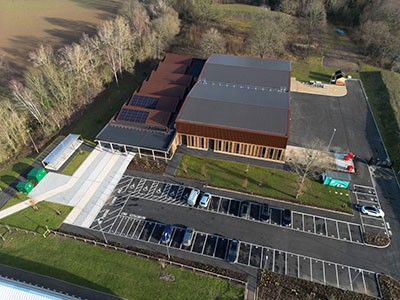
Universities are — and must continue to be — a force for good
One crucial skill in workplaces and universities alike is creative thinking. Yet, traditionally, undergraduate science studies have done little to foster inventiveness. Physicist Lorna Dougan at the University of Leeds, UK, shares how encouraging physics undergraduates to explore current research for outreach projects can help them to experience the creativity of scientific research.
But it is not enough to prepare students for the workplace. Universities should also be nurturing environments in which students can thrive. At the SRM Institute of Science and Technology near Chennai, India, public-health researcher Bala Ganesh Pichamuthu is leading a programme to look after students’ well-being and mental health.
To foster strong links with their students and their communities, universities must be anchored in their local context. But in some regions, where institutions were built during the colonial era, the colonizing countries imported teaching philosophies and values instead. Amid discussions on the decolonization of universities, disability and gender researcher Sibonokuhle Ndlovu at the University of Johannesburg, South Africa, explores how this would lower barriers for marginalized communities, including women with disabilities.
YA-QIN ZHANG: Use AI to help speed up education
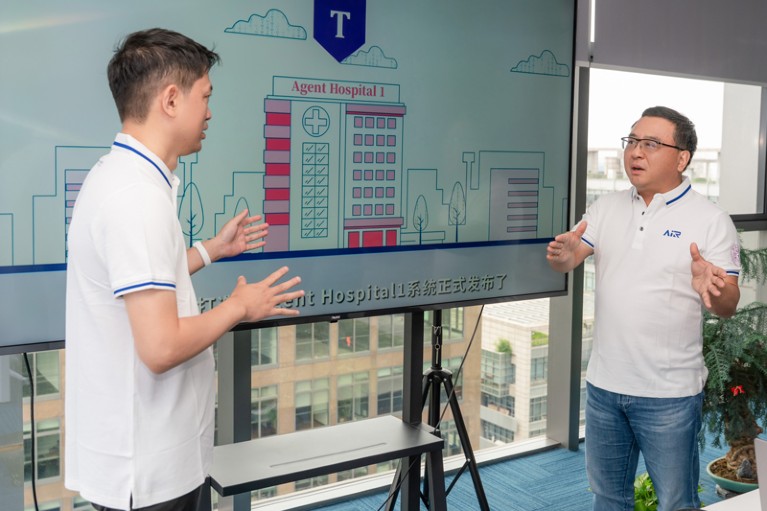
Ya-Qin Zhang (right) talks to Liu Yang about Agent Hospital, an AI tool developed in their lab.Credit: Tsinghua University
PhD graduates and physicians will often have spent between 6 and 15 years in higher education, depending on fields and country of study. This long process is necessary for competency, but it can make it difficult for universities to ensure that they train a workforce that grows according to changing needs. At Tsinghua University’s Institute for AI Industry Research, my colleagues and I turned to artificial intelligence to help speed things up.
Focusing on medical education, and in particular the years of a physician’s residency — the equivalent of postgraduate research in academia — we developed a digital environment called Agent Hospital (J. Li et al. Preprint at arXiv 2024). It simulates how illnesses are treated in the real world from the time of disease onset, including the steps of triage by a nurse, registering to wait for a physician’s consultation, medical examination, diagnosis, treatment-plan recommendation and follow-up visits. In this simulation, AI physicians and AI patients are autonomous agents powered by large multimodal foundation models, which are derived from large language models and can process text and images as well as simulate movements.
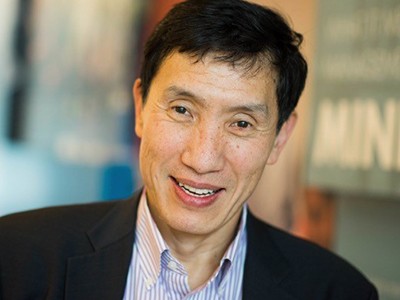
Universities under fire must harness more of the financial value they create
The AI physicians are trained by being exposed to millions of cases — the equivalent of years of clinical experience for human practitioners. Their diagnoses of AI patients and of real people with real symptoms match those of human practitioners with an accuracy of 96% when tested on questions from the MedQA benchmark, which is derived from the US Medical Licensing Examination. This is a promising start.
In a trial scheme that started in July, Agent Hospital is being tested at Tsinghua University to train human physicians. AI patients convey their symptoms to human users through text, voice and simulated body movements. We are also working on simulating the tactile sensation of skin through wearable devices equipped with haptic sensors, which convey information through touch. We can imagine a future, perhaps not so far off, in which AI doctors will also be able to help train medical students, serving for example as ‘digital mentors’.
Of course, AI tools cannot replace a trainee’s experience with human patients, supervised by human physicians. But used early in the training process, they can help students to acquire knowledge and skills rapidly and easily, free from concerns about harming real people in health-care settings.
Such simulations can be useful in other fields — beyond the host of administrative tasks, literature reviews or coding for which they are already being harnessed. The scientific community must ensure that these tools are developed, implemented and used ethically, without bypassing human judgement.
RAMESH JAGANNATHAN: Strengthen links with local investors
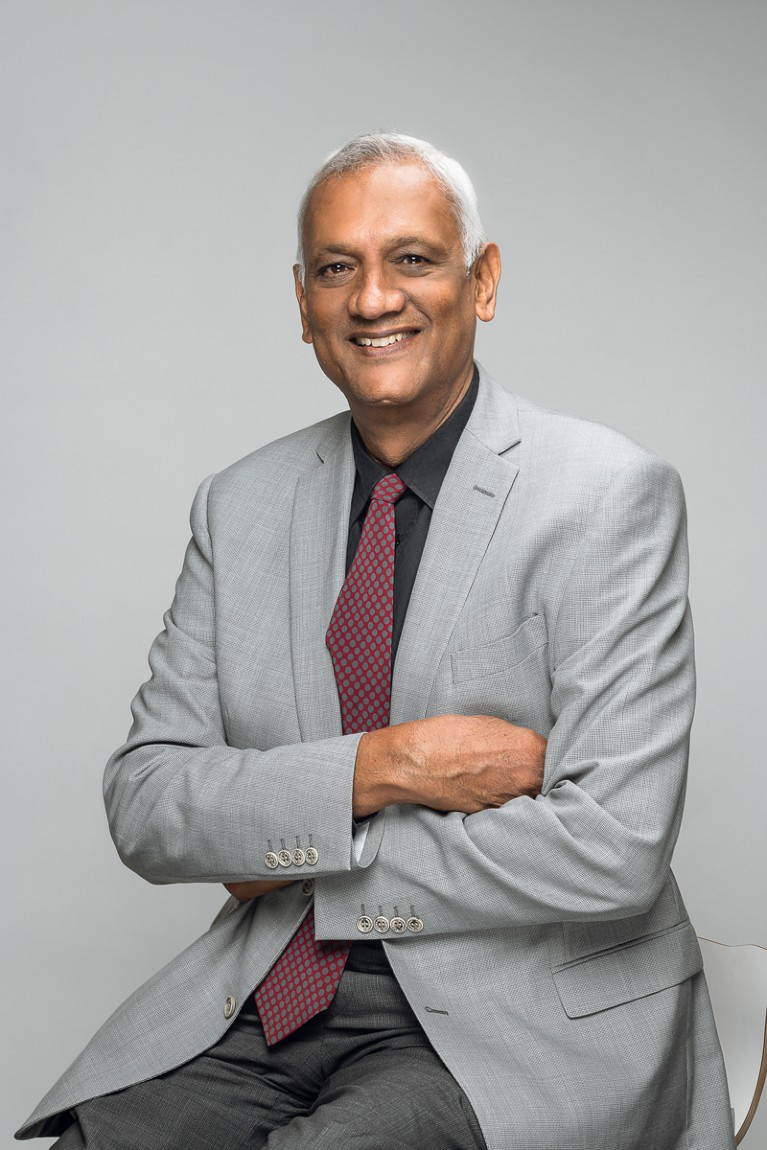
Ramesh Jagannathan co-founded the platform startAD to boost commercialization of research at New York University Abu Dhabi.Credit: startAD
Driving innovation is a core role of universities. However, having returned to academic research after spending 30 years in the photographic industry, I’ve seen how most universities lack a clear pathway to take ideas from the lab and develop them into products for the market.
It is complex to convert a discovery to a technology, then to a product and a business. A lack of understanding of the process, and of the actors involved at each step, is the main barrier. What really drives innovation is proximity. Universities need to strengthen connections and engage early with all parts of the commercialization ecosystem — government, entrepreneurs, companies, investors, researchers and the public. Matching start-up firms with local customer needs and challenges is crucial to minimize failure rates.
When I joined New York University (NYU) Abu Dhabi in 2009, the United Arab Emirates had just embarked on its shift from a fossil-fuel-based economy to a knowledge-based one. It was a place full of ambition, with a government committed to long-term investments in innovation and a campus populated with world-class researchers. But a pathway to market was missing.
That is why, in 2016, I co-founded startAD — a platform to boost research translation at NYU Abu Dhabi through joint programmes between government and corporations.
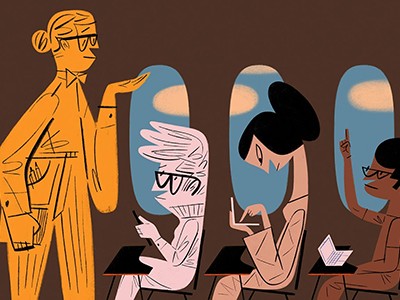
The great university shake-up: four charts show how global higher education is changing
Each year, startAD hosts a broad spectrum of education and training at the university, ranging from programmes on start-up accelerators and market access to workshops covering digital and AI literacy and the law, funded by corporate and government sponsors. These demystify the entrepreneurial process and connect researchers to potential investors and corporate partners. They also help academics to identify their targeted customers, as well as the market size for their products and their immediate competitors, and to develop their pitches for investors.
Several programmes focus on accelerating translation directly from research at NYU Abu Dhabi. For example, the start-up technology firm Chatsign, led by university faculty members, has commercialized an AI-powered system for real-time translation between sign language and speech. Other programmes take a wider view. Last year, through its Conscious Investor Fellowship programme, startAD trained members of sovereign funds, corporations, philanthropies and government agencies — half of them women — to invest capital in the climate sector in line with regional priorities.
DENISE PIRES DE CARVALHO: Boost the employability of PhD holders
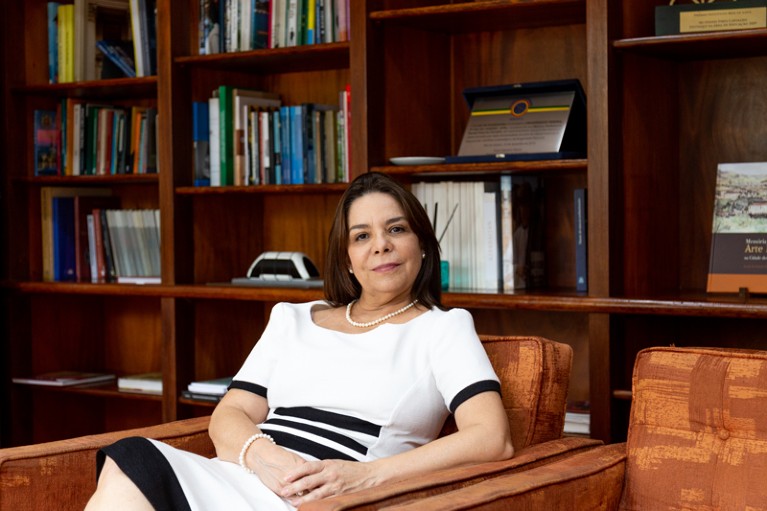
Denise Pires de Carvalho is working to shorten the time students spend earning a PhD in Brazil.Credit: Moisés Pimentel, UFRJ
In many countries, PhD students are trained mainly to enter academia rather than to take up jobs in industry or other roles in society. But this is particularly true in Brazil, where only 12.5% of PhD holders were employed in industry in 2021, compared with 43% in the United States. Narrow job prospects can discourage students from pursuing PhDs. For example, master’s and PhD enrolments in Brazil declined between 2017 and 2022, especially in engineering, which saw a drop of 36%.
Together with colleagues at the Brazilian Federal Agency for Support and Evaluation of Graduate Education (CAPES), I am working to change the university system to make postgraduates more employable.
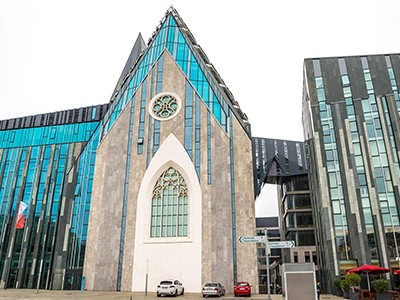
How universities came to be — and why they are in trouble now
One priority is to shorten the time students spend earning their doctoral degrees. In Brazil, many undergraduates participate in programmes that offer early research experiences. Counting such work towards a doctorate would reduce the length of time it takes to get a PhD and could help to lower the average age at which doctorates are awarded. This would enable postgraduates to enter the workforce earlier — alleviating concerns that those individuals might have about starting to pay into social security or pension schemes much later than many people of the same age. To support this, CAPES is encouraging students and funding agencies to convert master’s scholarships into doctorates or to streamline the transition between these two stages.
Closer relationships must also be forged between research universities and companies. Governments should boost investments in programmes that let graduate students work in industrial placements during their studies, and universities should revise their curricula in scientific fields to improve their alignment with industry requirements. Building bridges is the only way to meet societal demands in crucial fields such as energy and AI.
LORNA DOUGAN: Nurture creativity in science
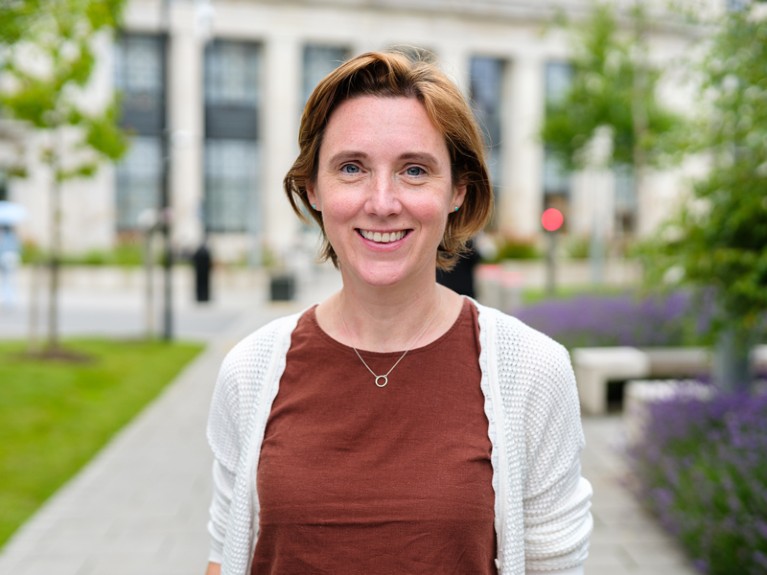
Lorna Dougan’s physics undergraduates collaborate on creative projects in their degree.Credit: University of Leeds
Creativity is a crucial skill in the workplace. It underpins innovation and problem-solving and can help with grasping complex concepts. Some educational settings include the arts with science, technology, engineering and mathematics: STEAM, not STEM. But in universities, arts and STEM often remain separated, perpetuating the view that a student is either a ‘creative’ or a ‘science’ person.


